The EU: Spreading Bureaucracy Like A Virus
Is it any wonder that UK citizens voted to leave the EU when you discover what EU Articles 11 and 13 wish to impose on member states? In April 2019, EU ministers voted to approve EU Directive 2019/790 (Directive on Copyright in the Digital Single Market) which, in a nutshell, means:
- Article 11 aims to make anyone who uses snippets of journalistic online content to pay for a licence beforehand
- Article 13 would force internet platforms that host huge amounts of user-uploaded content to monitor and filter the content to prevent copyright infringement
- Currently, claims on copyright lie with the company or artists who produce the content and it has been up to them to enforce it. Article 13 means online platforms would have to filter or take down copyrighted material from websites
- Individuals or businesses could risk being banned from sites such as Facebook and YouTube for posting or sharing content these sites deem copyrighted, or for using meme-based adverts for instance
I must admit, rather embarrassingly, that this had come to my attention last year, but I didn’t fully appreciate its ramifications until more recently. I run a forum online and the software is developed by a German company, WoltLab, who welcome user suggestions to improve their forum software. Some time ago I had asked them to develop a link preview plugin like several that are available for WordPress. In other words, by posting a link to say, a news story from BBC News or CNN, a small preview would appear thus:
The areas highlighted in red are clickable links and the original URL is https://www.bbc.com/news/uk-50858880. Due to this new directive, WoltLab wasn’t comfortable in developing such a plugin, so they abandoned it. However, like WordPress, I’m able to use another media preview plugin, but for the moment I have no idea whether this will be contravening any laws by 2021.
Will you still be able to use these WordPress plugins next year?
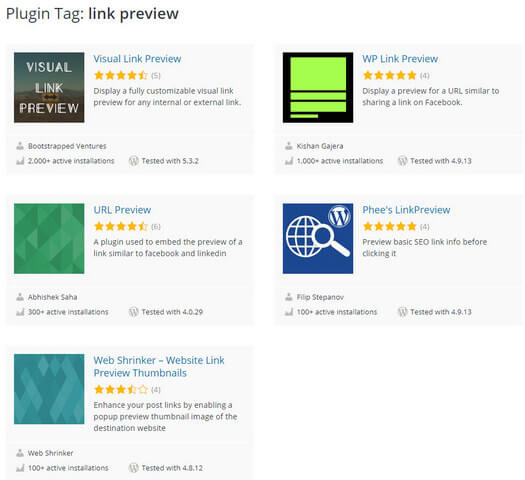 The problem with these two directives is that they raise more questions than they provide solutions, but the clear implication is that the onus will now be on the platform where the content is shown. That means websites such as DCT and my own small ex-pats forum, not to mention the millions of other small creators on the Internet may well be exposed to draconian regulations that have no place on the Internet. Take another look at the BBC link image above and imagine that I may have to pay a so-called link tax to the BBC to even allow its posting.
The problem with these two directives is that they raise more questions than they provide solutions, but the clear implication is that the onus will now be on the platform where the content is shown. That means websites such as DCT and my own small ex-pats forum, not to mention the millions of other small creators on the Internet may well be exposed to draconian regulations that have no place on the Internet. Take another look at the BBC link image above and imagine that I may have to pay a so-called link tax to the BBC to even allow its posting.
To quote Tim Berners-Lee:
“[the legislation] takes an unprecedented step towards the transformation of the Internet, from an open platform for sharing and innovation, into a tool for the automated surveillance and control of its users.”
The EU Is The Mother Of All Nanny States
Currently, the responsibility for claiming infringement is down to the copyright owner, which is why you, as a content creator on YouTube, for example, may receive an email from Google telling you that there’s been a claim on a music snippet you inadvertently included (it may even have been on the TV at the time, in the background) in that Christmas video where granny was drunk and rolling around under the tree. The now-approved legislation, which is due to go into force in 2021 by the way, will place that responsibility firmly on the shoulders of the platform, i.e. YouTube, Facebook, Instagram, me, you and Dave’s Computer Tips. This will require the use of content matching filters which the likes of me, DCT and other small platforms would find impossible to implement due to the costs and logistics.
How Will The New Law Be Enforced?
The Copyright Directive law makes large platforms like Google, Facebook and YouTube liable for content uploaded to their sites. They’ll be required to check for violations, and news aggregators must pay for snippets that go beyond individual words or very short extracts, according to the law. Google in many cases may not be able to include images in results, either.
Although the new law states that the directive is not designed to catch out platforms, but to ensure credit is given to individuals for their output, it is part of a wider regulatory policy that is designed to hit tech giants hard– something the EU has shown a real appetite for in recent months. Under the terms of the directive, companies that have annual revenues above €10m, five-million-plus monthly users and are more than three years old are subject to stricter takedown rules than their smaller counterparts.
Google has announced that it will not pay publishers in France for search results, and will instead show stripped back results for News. That will happen in October (2019) when France enforces new rules based on Europe’s controversial copyright law. “We will no longer display an overview of the content in France for European press publishers, unless the publisher tells us that it’s okay,” said Google in a blog. It added that publishers will get new webmaster settings that will allow them to specify how much information they want to preview in News results.
That’s a relief for small outfits, but still worrying because, just like the GDPR directive, it does require more stringent terms and conditions for all websites. It makes you wonder what a YouTube claim letter will look like in the future:
Will content simply be taken down without warning? Who will be fined and by whom?
Surely, the whole point of say, a news website, is to spread the news? I consciously added a link preview plugin to my forum because the preview itself entices you to read the story. Does this link https://edition.cnn.com/2020/01/06/middleeast/iraq-us-iran-tensions-intl-hnk/index.html entice you to read that story?
Or does this?
 The whole point of copyright protection is the illegal reproduction of copyrighted material, which of course, is fair. A link preview of a story, an article or a video is just that– a preview. It’s not a reproduction of copyrighted material in any shape or form.
The whole point of copyright protection is the illegal reproduction of copyrighted material, which of course, is fair. A link preview of a story, an article or a video is just that– a preview. It’s not a reproduction of copyrighted material in any shape or form.
As usual, with this kind of complicated uber-regulation, its thrust is aspirational, but it’s also vague. Granted, it’s designed to help those who should be reimbursed for their creations, but in the end, it strikes me as being a massive sledgehammer to crack a tiny peanut.
Oh, and by the way, the UK will most likely adapt the essence of the new directive in its own law because it helped push through the directive in the first place. So much for the spirit of Brexit, eh?
—

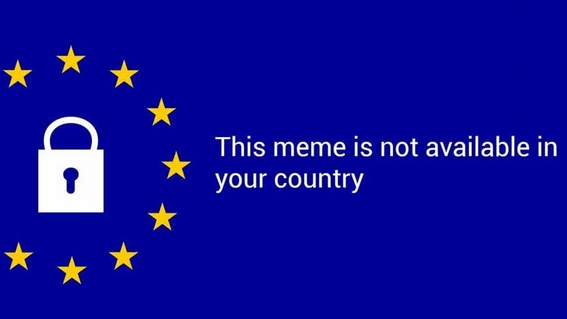
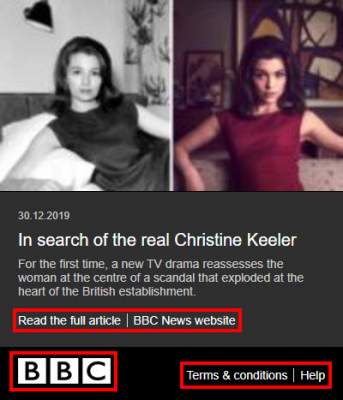
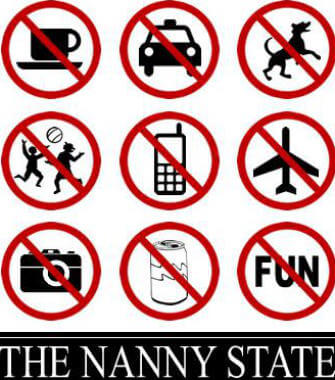
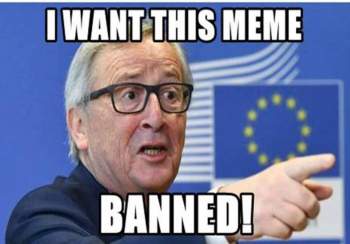
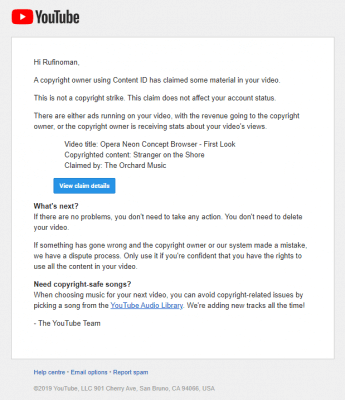
Too much surveillance from the EU, which can be abused to a specific political direction, far far away from the people.